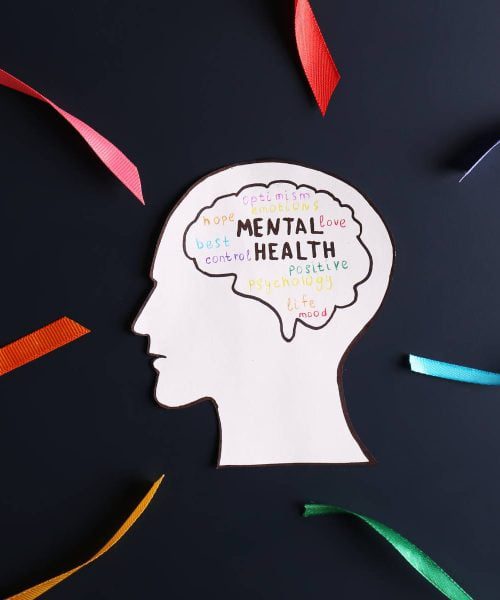Introduction
Stress is a common experience that affects us all to some degree. While a certain level of stress is normal, excessive stress can disrupt our lives and lead to various physical and emotional challenges. Understanding the causes of stress and learning effective strategies to manage and alleviate it is crucial for maintaining a healthy and balanced lifestyle. In this comprehensive guide, we explore the impact of stress on personal and professional well-being, delve into stress management techniques, and provide valuable insights to help you regain control and find relief from the overwhelming effects of stress.
Unraveling the Complexity of Stress
Identifying the Sources of Stress
Stress can manifest in different ways and stem from various sources. It is essential to recognize the factors contributing to your stress levels. Common sources of stress include work-related pressures, financial concerns, relationship issues, and health challenges. By pinpointing the specific causes of stress in your life, you can develop targeted strategies to address and manage them effectively.
The Consequences of Uncontrolled Stress
When stress becomes overwhelming and unmanaged, it can have a profound impact on both personal and professional spheres. Chronic stress can lead to physical health problems such as heart disease, weakened immune system, and sleep disorders. Additionally, it can strain relationships, impair cognitive function, and hinder productivity. Recognizing the detrimental consequences of uncontrolled stress underscores the importance of adopting proactive measures to mitigate its effects.
Effective Strategies for Stress Management
Seeking Professional Guidance
If you find yourself struggling with unmanageable stress, it is advisable to seek professional guidance. Start by consulting with your doctor, who can conduct a stress test to evaluate your current stress levels and assess any associated health risks. Based on the results, your doctor can recommend suitable treatment options, which may include lifestyle modifications, counseling, or medication. Remember, reaching out for support is not a sign of weakness but a proactive step towards regaining control of your well-being.
Exploring Stress Management Techniques
There are various effective techniques and practices that can help you manage and reduce stress in your life. Consider incorporating the following into your stress management routine:
1. Mindfulness and Meditation
Practicing mindfulness and meditation techniques can help cultivate a sense of inner calm and reduce stress. Set aside a few minutes each day to engage in mindful breathing, guided meditation, or progressive muscle relaxation exercises.
2. Physical Activity and Exercise
Engaging in regular physical activity is an excellent way to combat stress. Exercise releases endorphins, which are natural mood boosters. Find an activity you enjoy, whether it’s jogging, dancing, or practicing yoga, and make it a regular part of your routine.
3. Time Management and Prioritization
Effective time management can alleviate stress by reducing feelings of being overwhelmed. Prioritize tasks, delegate when possible, and create a structured schedule that allows for breaks and relaxation.
4. Healthy Lifestyle Choices
Maintaining a healthy lifestyle plays a vital role in stress management. Focus on consuming a balanced diet, getting adequate sleep, and limiting the intake of stimulants such as caffeine and alcohol. Additionally, consider incorporating relaxation techniques like deep breathing exercises or engaging in hobbies and activities that bring you joy.
Embracing Support Systems
Building a strong support network can provide invaluable assistance during stressful times. Surround yourself with individuals who understand and empathize with your experiences. Lean on family, friends, or support groups to share your thoughts, seek advice, and find solace in knowing that you are not alone in your journey.
Taking Charge of Your Well-being
Stress does not have to overpower your life. By implementing effective stress management techniques and seeking appropriate support, you can regain control and find relief. Remember, stress management is an ongoing process that requires dedication and self-care. Prioritize your well-being, practice self-compassion, and embrace the journey towards a healthier, more balanced life.







